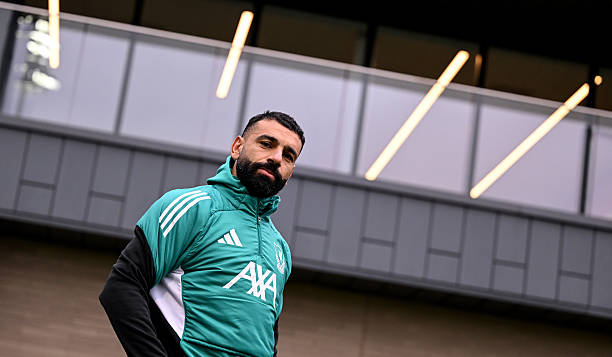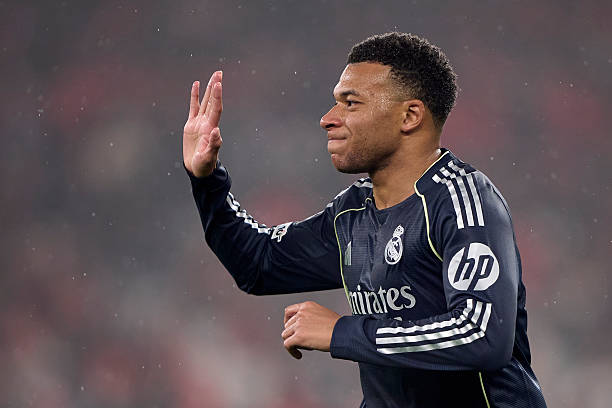Cameroon’s next football coach to be appointed by Head of State

The announcement of Rigobert Song’s departure as the coach of Cameroon has marked the end of an era, with the 47-year-old technician not having his contract renewed by the Cameroonian Football Federation, as confirmed by President Samuel Eto’o. This decision follows the team’s inability to meet its set objectives during the recent Africa Cup of Nations (AFCON).
President Samuel Eto’o, who also serves as the president of the Cameroonian federation, expressed the committee’s collective decision not to extend Song’s contract, citing unmet objectives as the primary factor.
Despite Song’s dedication and prior contributions to the team, the federation has decided to seek new leadership.
In a noteworthy twist, reports from Jeune Afrique indicate that the responsibility of appointing the next coach will not rest with President Samuel Eto’o, a former Inter Milan center forward.
Instead, the decision-making authority has been entrusted to the highest office in the nation – the Cameroonian Head of State, Paul Biya.
The involvement of the Head of State in the selection of the national football coach adds an unexpected dimension to the process, deviating from the conventional involvement of football authorities in such decisions.
While the move may raise eyebrows in the football community, it underlines the significance of football in Cameroon as a matter of national importance.
As the nation awaits the official announcement of the new coach, the decision-making process overseen by President Paul Biya introduces an intriguing element to the future of football leadership in Cameroon.
The football community will be keenly observing the unfolding developments and the impact on the national team’s trajectory.




